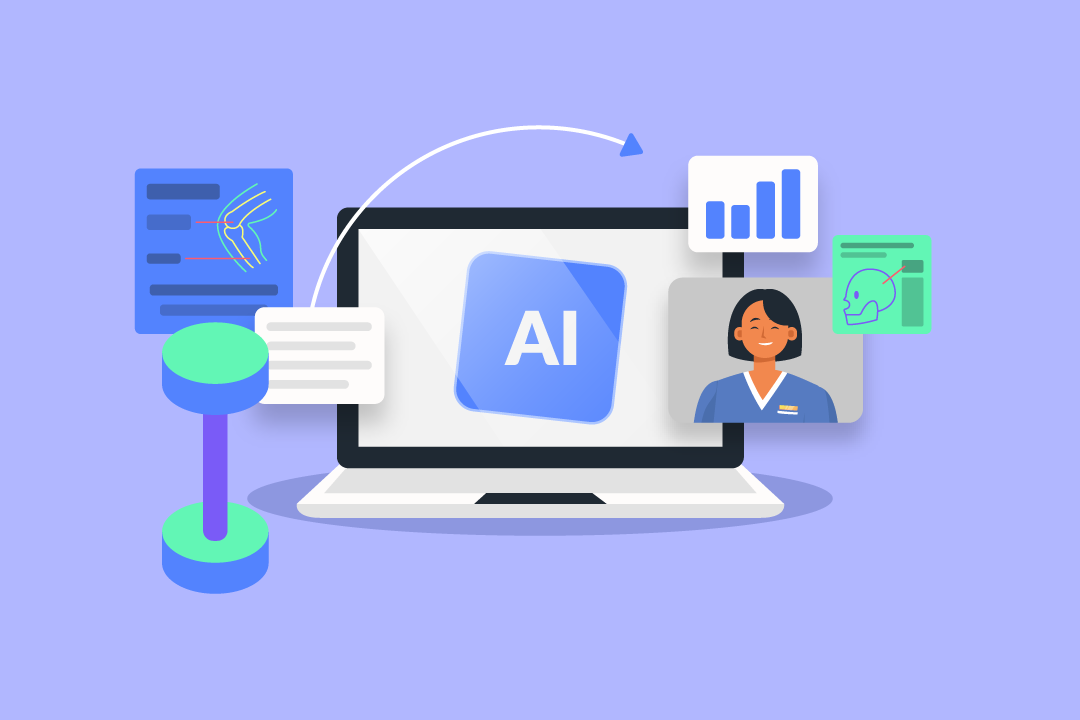Considering an ICD-10 Coder
This blog post explains why private practice PTs should consider a coder for ICD-to. Click here to learn more about using an ICD-10 coder, here.

Subscribe
Get the latest news and tips directly in your inbox by subscribing to our monthly newsletter
When it comes to ICD-9, only large-scale medical organizations, like hospitals, have typically experienced the wondrous benefits of coders. That might not be the case with ICD-10 as medical practices big and small are pondering the necessity of trained coders. Here’s why:
- ICD-10 has an entirely new coding structure.
- ICD-10 codes contain seven characters compared to ICD-9’s five.
- ICD-10 incorporates much more advanced anatomical terminology.
- ICD-10 requires practitioners to code for patients’ conditions and, in the cases of injuries, how and where said injuries occurred as well as their degree of severity.
As we explained in our Fact vs. Fiction post, PTs, OTs, and SLPs most likely will use only a subset of the full ICD-10 code library. Furthermore, external cause codes aren’t typically required. So, the time suck we’re all concerned about might be unwarranted. That being said, as a therapist, you’re busy, and if ICD-9 codes already bog your practice down, you might want to consider enlisting a coder to tackle ICD-10.
What does a coder do?
After reviewing documentation and patient records, medical coders assign codes for each diagnosis and procedure. Essentially, coders help create a clearer picture of a patient’s condition and treatment, thus justifying reimbursement from payers. And that’s going to be even more important when it comes to ICD-10, because if your practice fails to document and submit the proper ICD-10 codes, you won’t get paid. It’s a lot of pressure to deal with on your own—and that’s where a pro coder can help.
How can I afford a coder?
As mentioned above, most folks think only hospitals need—and can afford—medical coders. However, if you consider the potential revenue loss your practice could suffer from coding incorrectly, the investment might be well worth it. As this report explains, “the medical coders’ role in assuring that all information is accurate and complete is crucial to the economic well-being of the [practice].” After all, your reimbursements depend on their submissions. “Coder efficiency in timely processing of coded bills maintains the flow of income into the institution,” the report continues.
In that context, you might find yourself more open to the idea of hiring a coder. As you can imagine, though—what with ICD-10 being so new, different, and detailed—ICD-10 coders are in high demand. For that reason, if you want a coder for your practice, you should start looking sooner rather than later. Remember, you don’t have to add a full-time, in-house coder to your payroll; you can outsource to a third-party company (which is typically a much less expensive option), if you prefer. Check out the list at the bottom of this article for some outsourcing suggestions.
What if a coder just isn’t in the cards?
Ultimately, you have to do what’s right for your practice and your budget, and you may find that hiring a coder just isn’t necessary—or even possible. If that’s the case, I recommend sending yourself or whoever currently handles your clinic’s coding to an ICD-10 training course or two. Preparation and education will ensure a smoother transition, coder or no coder.





